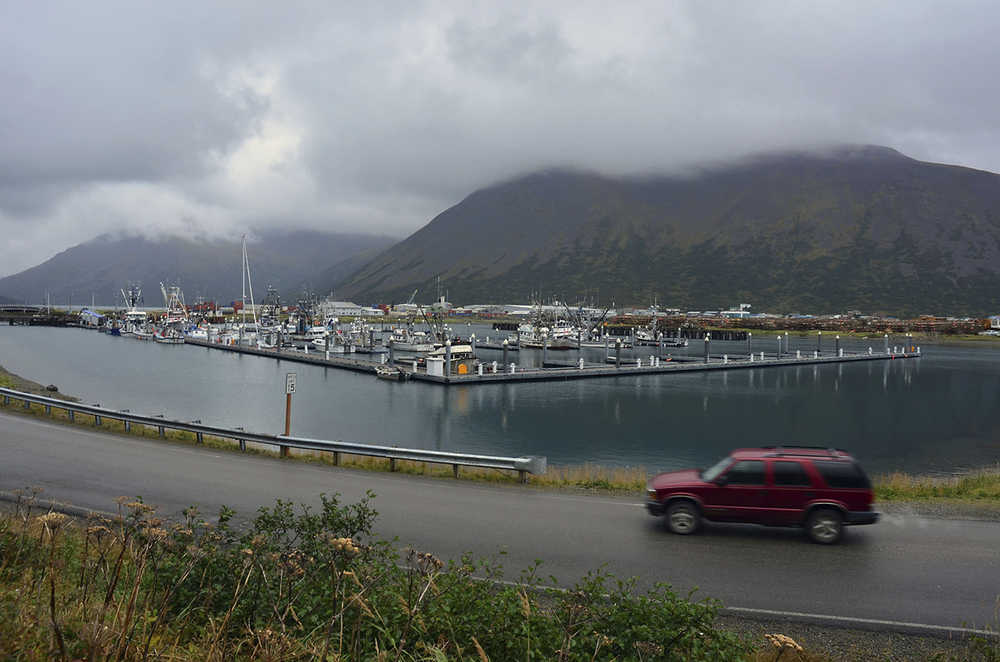ANCHORAGE — A remote Alaska village that has been rebuffed in efforts to build a road through a national wildlife refuge will try again when President-elect Donald Trump takes office.
The community of King Cove, near the tip of the Alaska Peninsula, for decades has sought a road through Izembek National Wildlife Refuge, an internationally recognized haven for migratory waterfowl.
Flights into King Cove are notoriously unpredictable because of strong winds and mountains. Community leaders in the village of 900, backed by the state, want a road through the refuge so sick or injured residents have land access to an all-weather airport at nearby Cold Bay. The Obama administration rejected the road plan.
“We are optimistic that a change of administration will mean we will finally get to the finish line,” Della Trumble, spokeswoman for the King Cove Corp., an Alaska Native village corporation, said in an announcement. “This issue is and always has been about saving lives.”
Congress in 1997 addressed the King Cove transportation issue with a $37.5 million appropriation for water access to Cold Bay that included a $9 million hovercraft. The Aleutians East Borough took it out of service after deciding it was too expensive and unreliable to operate.
The U.S. Fish and Wildlife Service in 2013 concluded that a 22-mile road over a narrow isthmus in the refuge could cause irrevocable damage to the watershed of nearby ocean lagoons. They include the 150-square-mile Izembek Lagoon, which provides one of the world’s largest beds of eelgrass, a rich food source for Pacific brant, endangered Steller’s eiders and other migratory birds.
Environmental groups submitted thousands of comments opposing the proposed single-lane, gravel road for the effect on the refuge and the precedent it would set for tearing into other national refuges or parks. Their opposition remains.
“The proposed road would bisect a designated wilderness and cause irretrievable damage to the Izembek National Wildlife Refuge,” said Patrick Lavin, Alaska representative for Defenders of Wildlife.
Three years ago, Interior Secretary Sally Jewell rejected a proposed land swap that would have traded refuge lands for thousands of acres of state and private land. The trade would have given the federal government 97.5 square miles for less than 3 square miles of refuge. However, Jewell agreed with a Fish and Wildlife analysis that found the exchange could not compensate for the special qualities of existing refuge lands.
Jewell’s decision enraged King Cove leaders and the Alaska congressional delegation, who vowed to fight on, and who will bring the battle to the next administration.
“Unlike Secretary Jewell, we believe President-elect Donald Trump and interior secretary nominee Ryan Zinke value human lives as well as birds,” King Cove Mayor Henry Mack said.
According to the borough, 17 people were medically evacuated this year, including three who had to be flown out by the Coast Guard because fog, high wind or blizzard conditions prevented private air-ambulance companies from reaching the city. The three were a woman in her 70s suffering heart issues, a woman in her 20s with an obstructed airway and an infant with respiratory problems.
Republican Sen. Lisa Murkowski of Alaska in a statement called Jewell’s action heartless. Like the Obama administration’s decision last week to designate most U.S.-owned waters in the Arctic Ocean indefinitely off-limits to future oil and gas leasing, Murkowski vowed to reverse the road decision.
“I will do everything I can to work with our new president to end the years of suffering and injustice that King Cove has faced at the hands of our own federal government,” Murkowski said.

